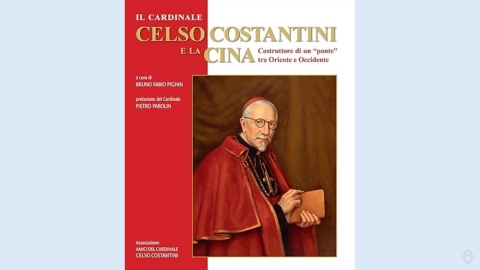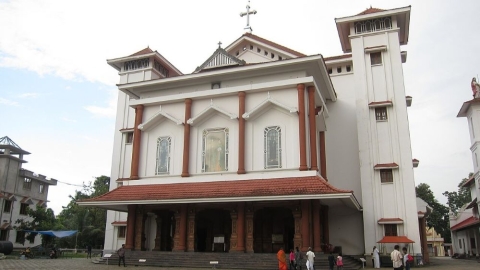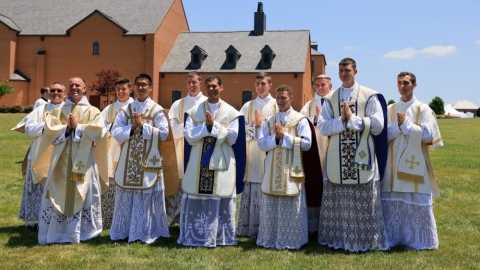Evangelicals Surge in Brazil

One of the many evangelical churches in Brazil
In the 1970s, the Brazilian population was 91% Catholic and 5% Protestant. Five decades later, there are 50% Catholics compared to 31% Protestant. According to projections, and if the observed trend is confirmed, the Catholic religion will no longer be in the majority by 2032.
Nature abhors a vacuum. It is a principle that more than one Brazilian bishop should meditate upon, noting the irresistible rise of the evangelical movement in the face of Catholicism losing momentum. In the outskirts of the southeastern metropolises, such as Sao Paulo and Rio de Janeiro, and in the agricultural frontier, as in Mato Grosso and the Amazon, Protestantism has already become the majority.
In the 20th century, Brazil earned its nickname “the largest Catholic country in the world.” This is no longer the case.
The Church’s majority position faltered in the period following the Second Vatican Council. By wanting to accomplish its aggiornamento and divest the Church of its splendor and its popular devotions, the Church has lost its footing in Brazil.
Related Article:
The Spectacular Breakthrough of Evangelical Protestantism
In half a century, the progress of evangelical Christians has been dazzling. The number of their churches, which was 1,049 in 1970, increased to 17,033 in 1990, before reaching 109,560 in 2019, according to a study published last July by the University of Sao Paulo. During some years, up to 38 churches opened per day in the country.
One character is enough to summarize what is happening in Brazil: former president Jair Bolsonaro. Born Catholic, he was “baptized” by an evangelical in the waters of the Jordan in 2016 and married a Pentecostal in 2016 in the presence of Silas Malafaia, close friend of the couple, and one of the most popular televangelists in Latin America.
“Brazil above all, God above all.” It was with this campaign slogan that Jair Bolsonaro won the presidency in 2018, promoting the advent of a Christian nation which would submit to the moral and religious precepts of the Bible.
Related Article:
(Source : Le Monde – FSSPX.Actualités)
Illustration : Flickr / Wikimapa CC BY 2.0





